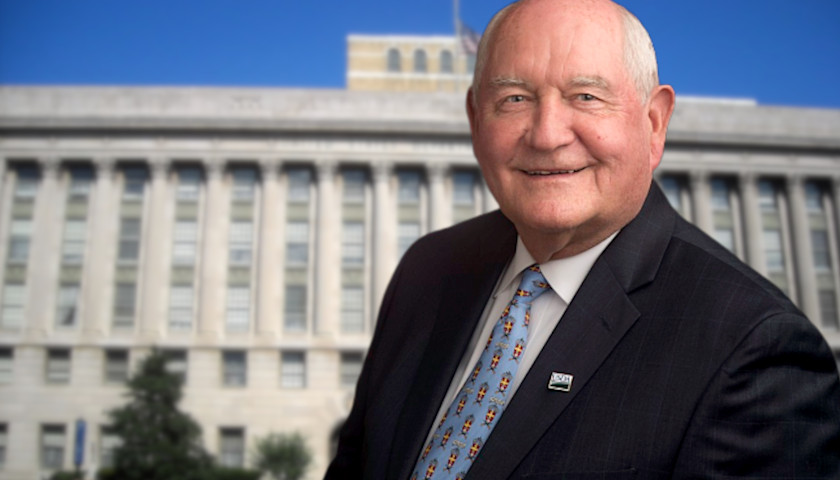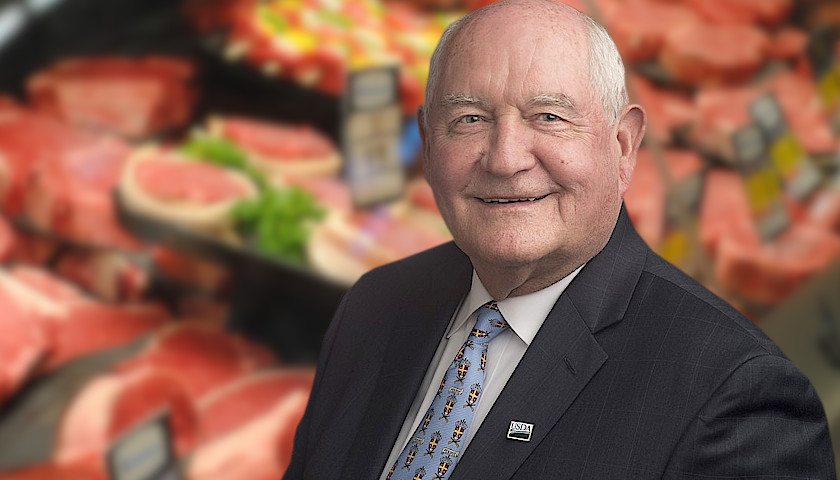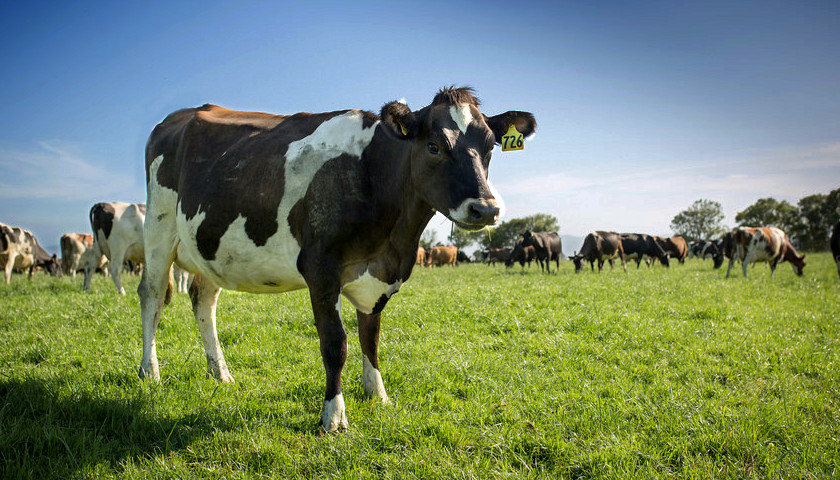Up until at least 2014, U.S. Rep. Steve Cohen, D-Memphis, complained too many of Tennessee’s kids were malnourished and starving and only government could step in to fix the problem. And, yes, Cohen got grant money for that. Now we have the reverse. This year, according to Cohen’s office, too many Volunteer State children are pudgy and, as you may have surmised, taxpayers have to get involved to amend that too. And, yes, Cohen wants grant money. Did the government programs meant to purge kids’ hunger work a little too well, making all the kids flabby? Do standardized test scores have something to do with this? Why the sudden U-turn? The Tennessee Star got no answers Thursday, as no one from Cohen’s office returned a request for comment. But Cohen explained some of his reasoning in a new press release. “We have a real problem with childhood obesity in this country and I am disheartened to note that Tennessee has the highest rate of any state at 38 percent,” Cohen announced. The national childhood obesity rate, however, is 31 percent, Cohen said. Cohen’s new Reducing Obesity in Youth Act will create grant programs to encourage kids to exercise and eat…
Read the full story












